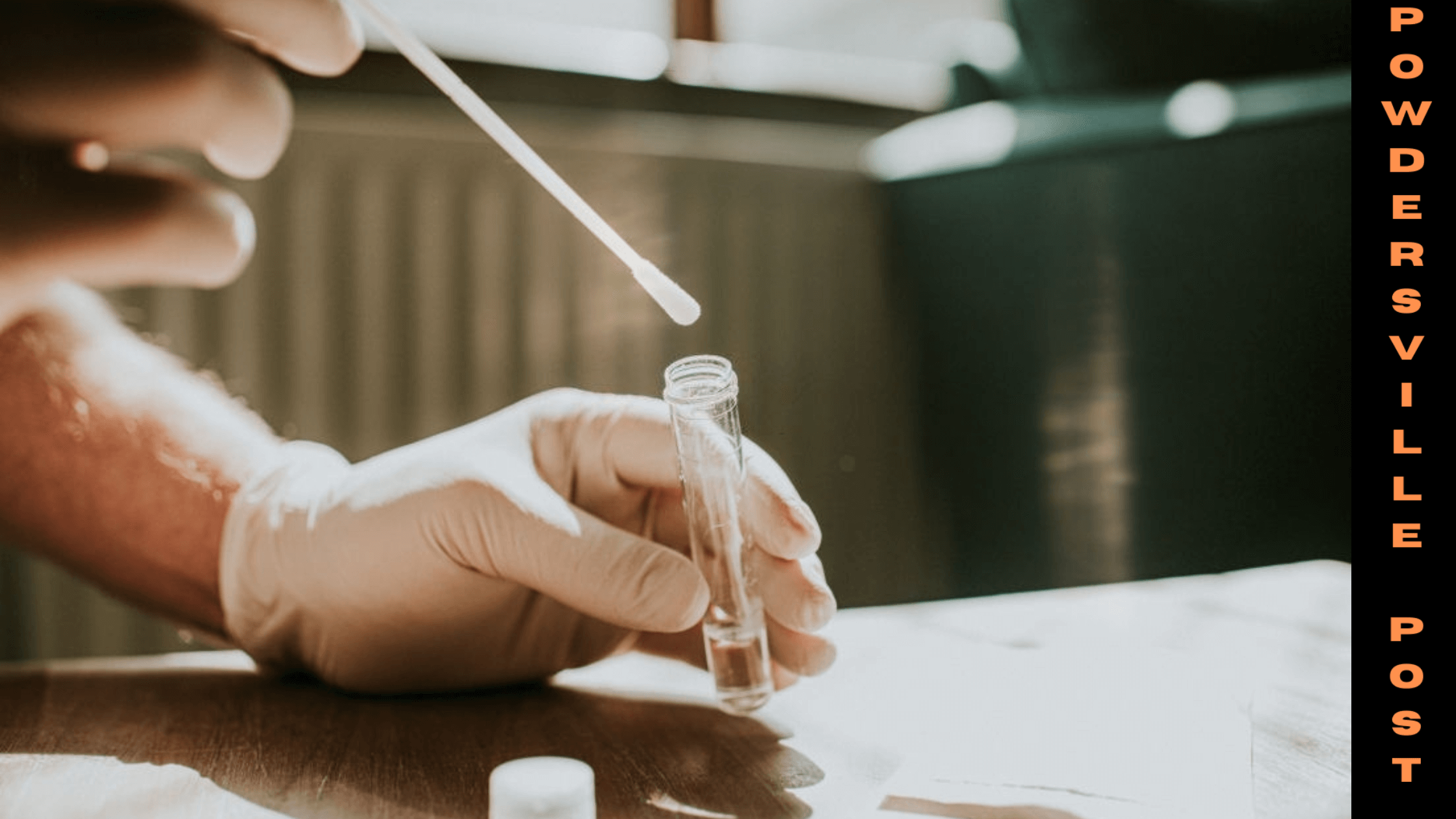Everything To Know About Wastewater Testing for Covid-19!
Nikki Attkisson | Last Updated : February 9, 2022Wastewater testing is the process of testing the polluted water that comes to the surface of rivers, lakes or groundwater which makes it difficult to use that water and is harmful to the health of people. The Clean Water Act 1972 (CWA) was established to monitor and protect the water from getting hazardous for public health.
Everything To Know About Wastewater Testing for Covid-19
The National Pollutant Discharge Elimination System (NPDES) permits the discharge of only certain categories of industrial wastewater. The committee was founded to test the wastewater from households and industries and monitor its chemical contents.
There are typically four steps to treat wastewater, the primary step is removing all solid wastes. The second stage is to treat the water to reduce the growth of organic chemicals. The next step would be to use specific biological methods and chemicals to remove the wasteful nutrients in the wastewater, and finally, the problematic pollutants like complex molecules are removed.

Some regulatory agencies like the U.S Environmental Protection Agency (USEPA) use different methods to test the treated wastewater and check if it is safe for drinking or using. This process is not easy and it takes longer than expected to get accurate results as a number of samples are required for the process.
The wastewater is a store for all possible viruses that infect people’s health. The CDC is taking a close look into how dangerous the wastewater can be for people in regard to the coronavirus. They have created a National Wastewater Surveillance System (NWSS), a network spread across the U.S to test wastewater for the covid-19 virus.
SARS-CoV-2 is a virus that is of some oily texture that multiplies rapidly after entering a body. It sticks to the fat consisting of part of the body and comes out as waste in the toilet which goes into the wastewater. This wastewater when tested shows the result of residues of the virus in it and it can spread through it.
The tests are done to find out the pollutants in wastewater that people are exposed to cannot be done individually, so it is at the earliest that a warning is given to the people about the covid-19 infections. The samples usually show a positive result where the covid-19 cases turn up to be the most in an area.
The U.S government is taking full responsibility to make sure there are enough financial resources to find out more about the spread of the coronavirus through wastewater. Wastewater testing has been a significant tool to find out about the spread of infections among people depending on an area.
Some researchers like Alexandria Boehm, a civil engineering professor at Stanford University, discovered the mutation patterns of virus variants who then with members of her team informed the people at Sewer Coronavirus Alert Network (SCAN) to collect samples for wastewater for testing the presence of covid-19 variants in it.
Although wastewater testing has proven to be a useful tool, some drawbacks have been. The homes in rural areas are not connected to a sewer system, unlike those in the city, so wastewater testing will not help find out the spread of infection. It is also difficult to find in tourist destinations because people come and go a lot. This system has been a weapon to control and detect virus infections, but it will not free a community from getting infected by it. The CDC plans to continue monitoring wastewater even after covid is gone to protect public health.
With over 15 years as a practicing journalist, Nikki Attkisson found herself at Powdersville Post now after working at several other publications. She is an award-winning journalist with an entrepreneurial spirit and worked as a journalist covering technology, innovation, environmental issues, politics, health etc. Nikki Attkisson has also worked on product development, content strategy, and editorial management for numerous media companies. She began her career at local news stations and worked as a reporter in national newspapers.
